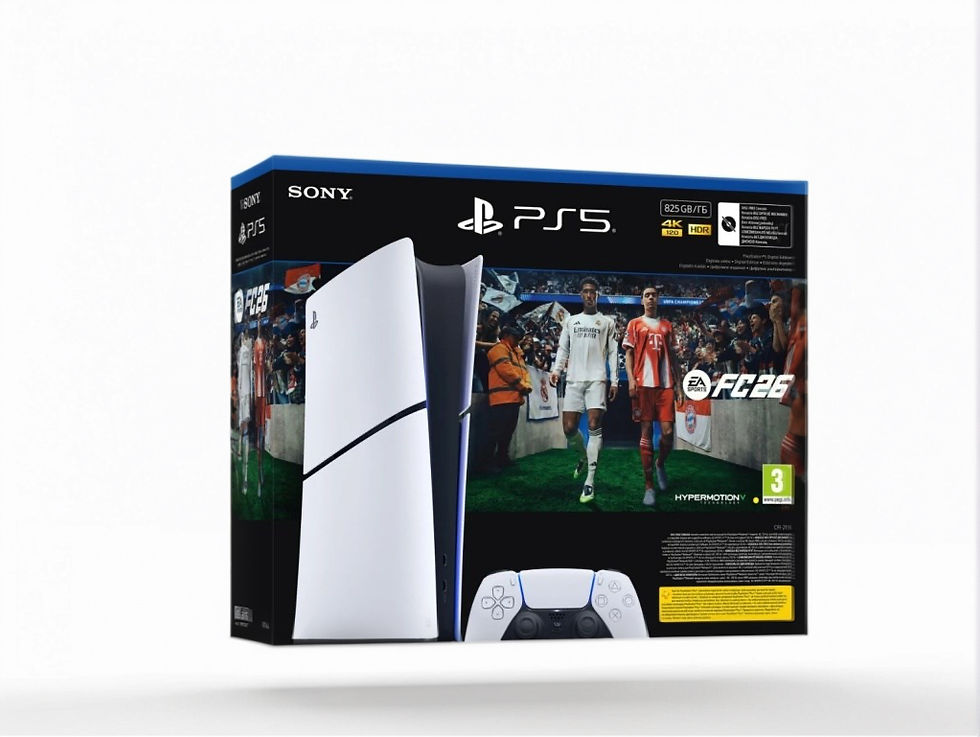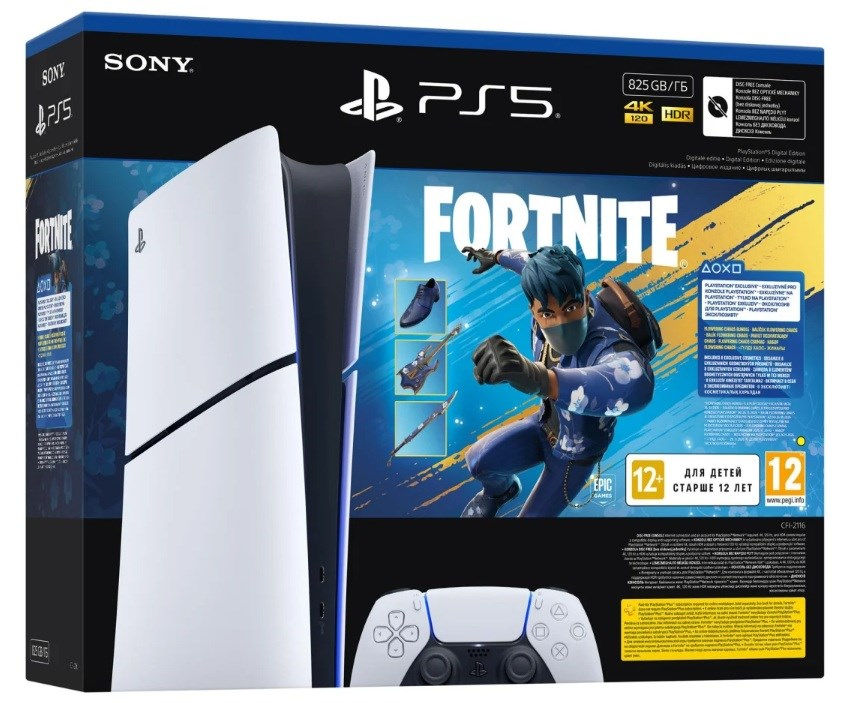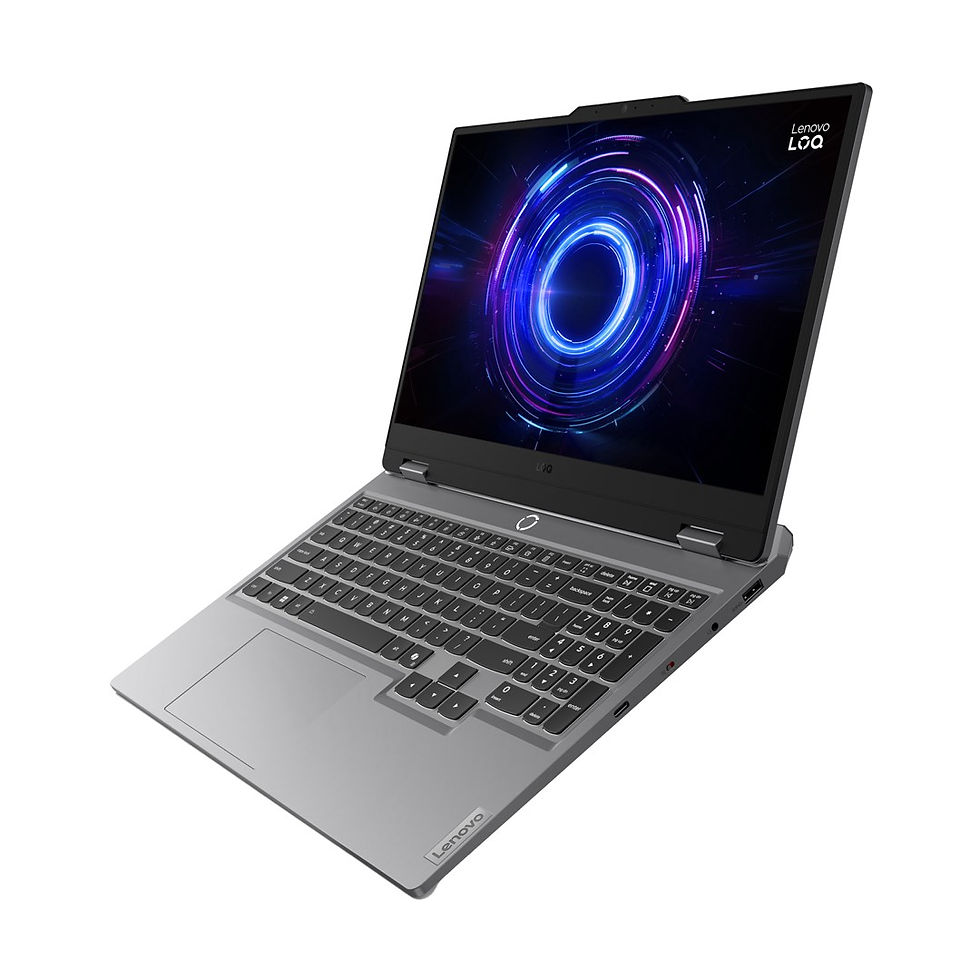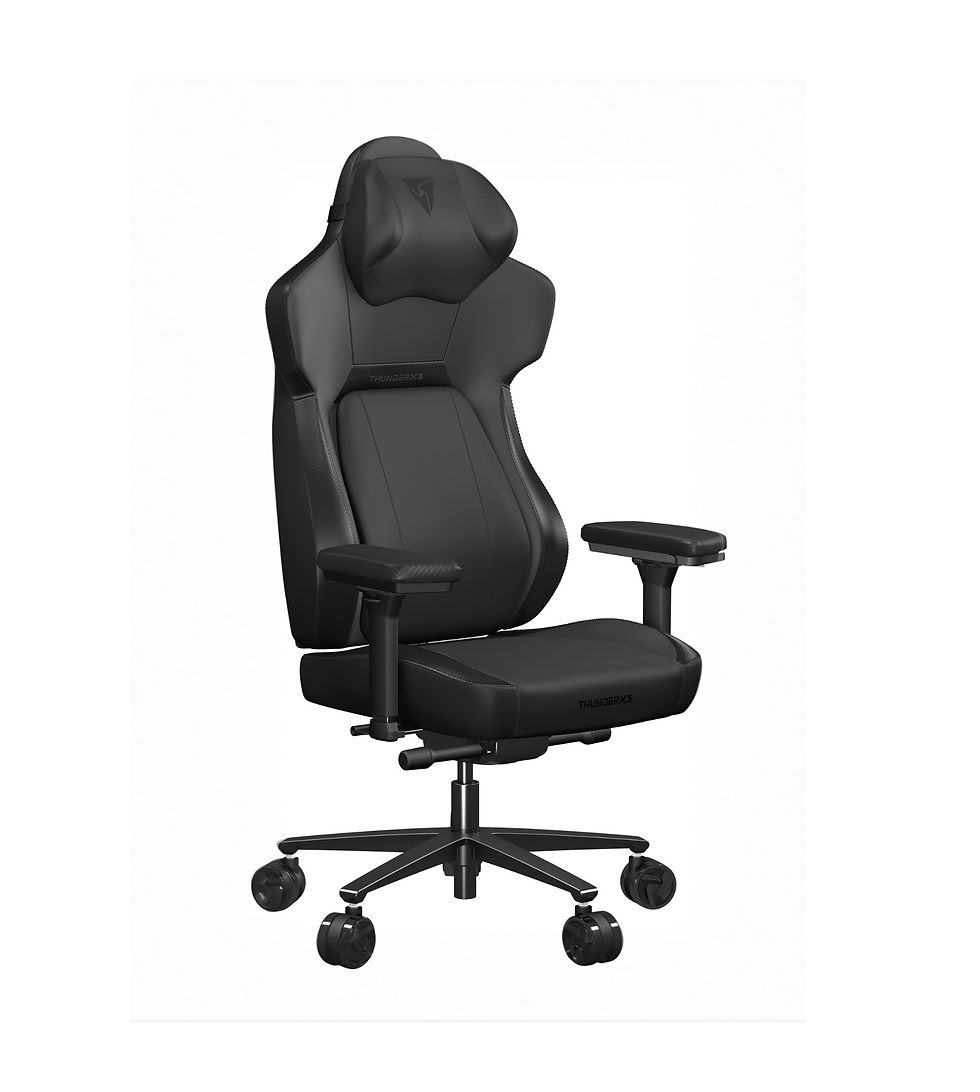PC gaming et consoles de jeu
Découvrez notre sélection de PC gaming et consoles de jeu, conçue pour offrir des performances élevées et une expérience fluide, que vous jouiez occasionnellement ou de manière compétitive.
Nos PC gaming sont équipés de composants récents — cartes graphiques puissantes, processeurs rapides et stockage SSD — pour garantir des fréquences d’images élevées et des graphismes immersifs. Vous trouverez également des consoles de jeu de dernière génération, idéales pour le divertissement à domicile, le jeu multijoueur et les titres exclusifs.
Que vous recherchiez la flexibilité d’un PC évolutif ou la simplicité d’une console prête à jouer, cette catégorie vous aide à choisir la solution adaptée à votre style de jeu et à votre budget.
Comment choisir le bon PC de jeu ou console


Prenez en compte votre style de jeu, le niveau de performance requis, la qualité graphique souhaitée, et si vous avez besoin d’un appareil qui supporte également le travail, le streaming ou les tâches créatives. Trouver un équilibre entre la puissance du CPU/GPU, le stockage, le refroidissement et le budget vous aidera à choisir une configuration offrant un gameplay fluide et immersif.
1. Décidez entre un PC de jeu ou une console
Un PC de jeu offre des options de mise à niveau, un potentiel de performance plus élevé et plus de flexibilité pour le travail ou la création de contenu.
Une console offre une expérience plug-and-play, des titres exclusifs et une optimisation garantie des jeux sans configuration.
2. Choisissez le bon processeur (CPU)
Le CPU influence la vitesse globale et la performance des jeux.
-
Jeu milieu de gamme : Intel Core i5 / AMD Ryzen 5
-
Jeu avancé & streaming : Intel Core i7 / AMD Ryzen 7
-
Jeu haut de gamme & compétitif : Intel Core i9 / AMD Ryzen 9
3. Choisissez une carte graphique puissante (GPU)
Le GPU est le cœur de chaque système de jeu.
-
Jeu en 1080p : gamme NVIDIA GTX / RTX 3050–3060
-
Jeu en 1440p : gamme RTX 3060 Ti–4070
-
Jeu en 4K ou à haute fréquence de rafraîchissement : gamme RTX 4080–4090
Les consoles comme la PlayStation 5 offrent un matériel fixe optimisé pour des performances fluides sans mises à niveau.
4. Choisissez suffisamment de RAM pour les jeux modernes
-
16 Go de RAM – recommandé pour la plupart des jeux et du streaming
-
32 Go de RAM – pour le multitâche intensif, les jeux moddés et les configurations à l’épreuve du futur
5. Sélectionnez le bon type de stockage
Choisissez toujours un SSD pour un chargement rapide et des performances fluides.
-
512GB SSD – bibliothèques de jeux légers
-
1TB SSD – idéal pour plusieurs titres AAA modernes
Les consoles utilisent désormais également des SSD à haute vitesse pour des temps de chargement plus rapides.
6. Refroidissement & niveaux de bruit
Le matériel de jeu génère de la chaleur. Un refroidissement efficace (ventilateurs, chambres à vapeur) garantit des performances stables lors de longues sessions. Pour les PC, un bon flux d’air et des solutions thermiques de qualité sont essentiels.
7. Prenez en compte la portabilité & le scénario d’utilisation
Choisissez un ordinateur portable de jeu si vous avez besoin de mobilité pour les voyages, l’école ou le travail.
Choisissez un PC de bureau si vous souhaitez une puissance maximale, une évolutivité et un meilleur refroidissement.
8. Écosystème & bibliothèque de jeux
Les consoles offrent des titres exclusifs à la plateforme.
Les PC offrent la bibliothèque de jeux la plus large, des mods, des titres eSports et une meilleure compatibilité rétroactive.
Résumé
Choisir le bon système de jeu dépend des types de jeux que vous appréciez, de vos attentes en matière de performance, et de votre préférence pour la flexibilité d’un PC ou la simplicité d’une console.
Vous pourriez aimer
FAQ – PC Gaming et Consoles de jeu
1. Dois-je acheter un PC de jeu ou une console ?
Choisissez un PC de jeu si vous souhaitez une possibilité de mise à niveau, un potentiel de performance plus élevé, ou un appareil également adapté au travail ou à la création de contenu. Choisissez une console si vous préférez la simplicité, les jeux exclusifs, et une performance constante sans configuration.
3. Quel est le composant le plus important dans un PC de jeu ?
Le GPU (carte graphique) a le plus grand impact sur les performances de jeu. Il détermine les taux de rafraîchissement, les capacités de résolution et la qualité des effets visuels.
5. Le stockage SSD est-il nécessaire pour le gaming ?
Absolument. Un SSD améliore considérablement les temps de chargement et réduit les saccades. Les jeux tournent de manière fluide, et votre système paraît beaucoup plus rapide dans l’ensemble.
7. Les consoles ont-elles besoin de mises à niveau comme les PC de jeu ?
Non. Les consoles sont équipées d’un matériel fixe qui reste compatible avec les nouveaux jeux tout au long de leur cycle de vie. Les PC peuvent être mis à niveau, ce qui permet d’améliorer les performances au fil du temps.
2. De combien de RAM ai-je besoin pour le gaming ?
16 Go de RAM sont idéaux pour la plupart des jeux modernes. Le multitâche intensif, le streaming ou les titres moddés bénéficient de 32 Go.
4. Les ordinateurs portables de jeu sont-ils adaptés au jeu sérieux ?
Oui. Les ordinateurs portables de jeu modernes offrent des processeurs puissants, des GPU performants et des écrans à haute fréquence de rafraîchissement. Ils sont idéaux si vous avez besoin de mobilité, mais peuvent chauffer davantage que les ordinateurs de bureau en raison d’un refroidissement compact.
6. Quelle résolution devrais-je viser pour le gaming ?
Pour la plupart des joueurs, le 1080p est un bon compromis entre performance et qualité visuelle. Le 1440p offre une qualité plus nette, et le 4K est idéal pour les GPU haut de gamme ou les consoles de nouvelle génération.
8. Quel est le meilleur pour le jeu compétitif : PC ou console ?
Les joueurs compétitifs préfèrent souvent le PC pour des taux de rafraîchissement plus élevés, des contrôles précis et des réglages personnalisés. Les consoles restent excellentes pour le jeu occasionnel et social.















































































